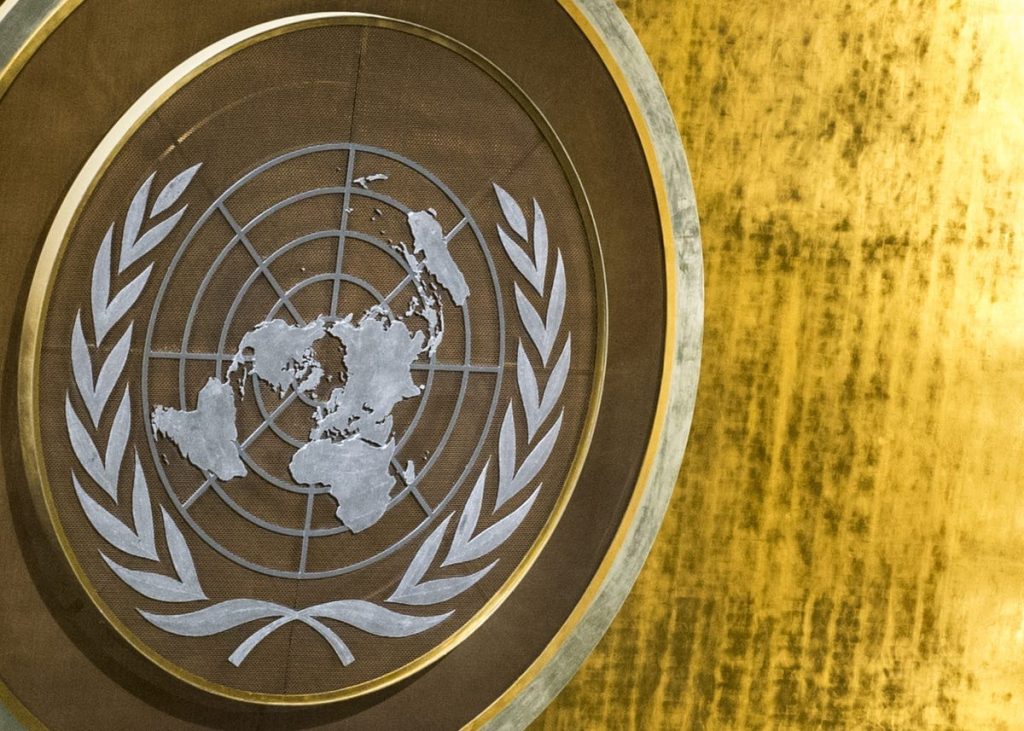Nearly 150 banks once part of the UN-convened Net-Zero Banking Alliance have voted to dissolve the group amid political and market headwinds.
Major US lenders, including JPMorgan Chase and Goldman Sachs, had already withdrawn following Donald Trump’s election and renewed oil and gas expansion.
The alliance’s guidance on climate target-setting will remain available, but enforcement and accountability mechanisms have been dismantled.
A Coalition Unravels
The UN-backed Net-Zero Banking Alliance (NZBA), once the flagship coalition of global lenders committed to decarbonizing finance, has ceased operations following a membership vote. The decision closes a chapter in climate finance that began in 2021 with high ambition but succumbed to political pushback and waning industry participation.
Established under the UN Environment Programme Finance Initiative (UNEP FI), the NZBA brought together nearly 150 banks at its peak, covering more than 40% of global banking assets. Members pledged to align their lending and investment portfolios with a net-zero pathway by 2050. But withdrawals accelerated over the past year as geopolitical shifts, regulatory uncertainty, and energy security concerns reshaped financial priorities.
Political Headwinds in the US and Beyond
The unraveling coincided with Donald Trump’s return to the White House and his administration’s support for expanded oil and gas production. Six major US banks—including JPMorgan Chase, Bank of America, and Goldman Sachs—quit the alliance in the months after the election, citing legal and political risks of aligning with international climate frameworks. Canadian and Japanese banks soon followed, and in August, Barclays confirmed its own departure.
“With the departure of most of the global banks, the organisation no longer has the membership to support our transition,” Barclays said in its exit statement.
The departures left the NZBA weakened. In internal documents reviewed earlier this year, the alliance softened its stance, converting what were once binding “guidelines” into non-binding “guidance.” That shift raised concerns among NGOs and investors about the credibility of commitments.
From Alliance to Framework
On Friday, the NZBA confirmed it will dissolve immediately, replacing its coalition structure with a resource hub. Its “Guidance for Climate Target Setting for Banks,” which outlines approaches to sectoral decarbonization, will remain publicly available but without monitoring or enforcement.
“Individual banks worldwide can continue to use and reference these resources to help develop and deliver on their own net-zero transition plans,” the alliance said in its final statement.
The reframing effectively turns what was once a collective accountability mechanism into a voluntary reference document. Without common reporting or scrutiny, climate finance experts warn that pressure to align portfolios with the Paris Agreement will shift back to investors, regulators, and civil society.
Civil Society Reaction
Advocacy groups expressed frustration at the disbanding. “It’s bitterly disappointing to see the biggest banks in the world vote to step away from accountability around their commitments to prevent the worst effects of global heating,” said Jeanne Martin, co-Director of Corporate Engagement at ShareAction.
Martin urged senior bankers to “be far more courageous in this decisive moment” and argued that lenders must use their influence to enforce climate accountability standards across the sector.
For investors and climate advocates, the collapse of the NZBA confirms a broader trend: voluntary net-zero initiatives are proving vulnerable when they intersect with shifting political landscapes and short-term financial imperatives.
RELATED ARTICLE: Net-Zero Banking Alliance Tightens Guidelines for Banks’ Climate Targets
Implications for Global Climate Finance
The dissolution raises questions for the broader Glasgow Financial Alliance for Net Zero (GFANZ), of which NZBA was a core component. While other sectoral groups within GFANZ remain active—covering insurers, asset managers, and pension funds—the loss of the banking arm weakens collective momentum.
For C-suite executives, investors, and policymakers, the key issue is credibility. With global banks retreating from collective climate obligations, regulatory regimes such as the EU’s Corporate Sustainability Reporting Directive (CSRD), California’s climate disclosure laws, and transition finance taxonomies in Asia may become more important levers for accountability.
The development also signals that climate finance will increasingly diverge along regional lines. European banks remain under strict disclosure requirements and transition planning expectations, while US lenders face political headwinds that make multilateral alliances less viable.
A Fractured Landscape
The end of the NZBA underscores the fragility of voluntary frameworks in the absence of binding international standards. For multilateral institutions and investors, the challenge now is to ensure that banks remain engaged in financing decarbonization without the cover of a global alliance.
As one climate policy advisor in Brussels noted privately, “This isn’t the end of banks and net zero—it’s the end of collective promises. From here, it’s regulators, shareholders, and customers that will decide whether financial institutions move capital in line with 1.5°C.”
The NZBA leaves behind an architecture of guidance but no mechanism for enforcement. Whether banks will continue to align their portfolios with net-zero targets now depends less on alliances and more on the interplay of law, markets, and political will.
Follow ESG News on LinkedIn

